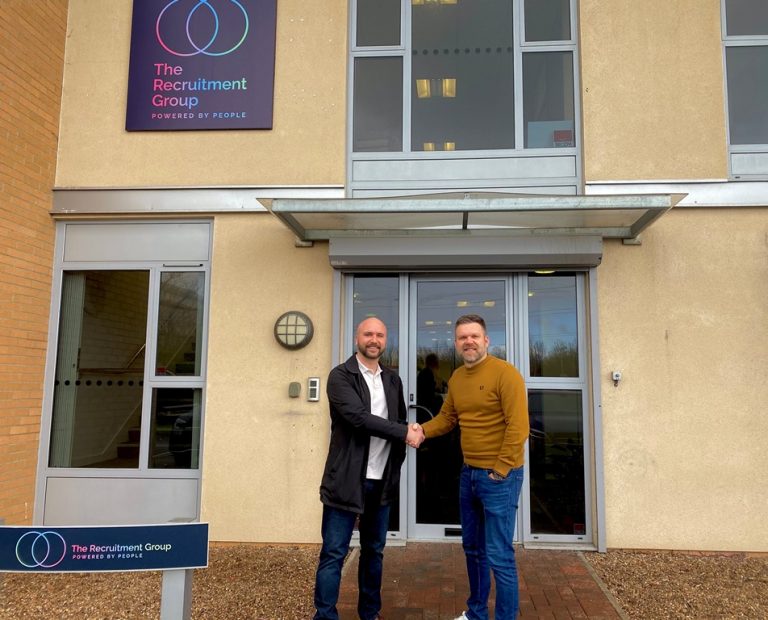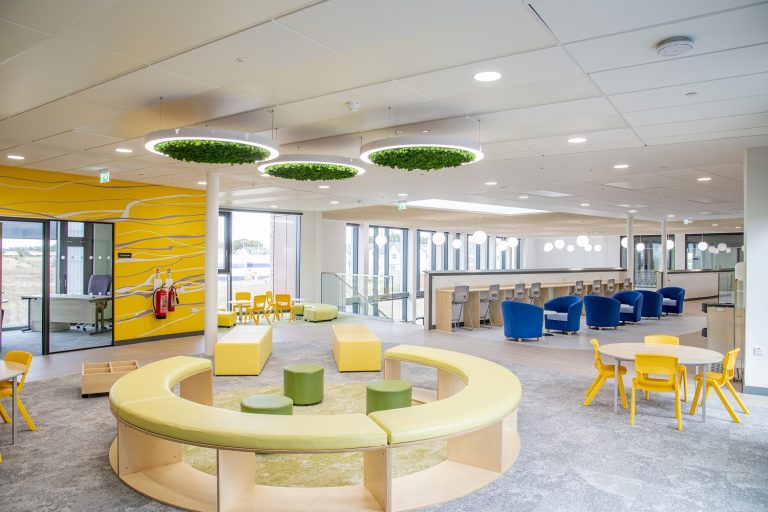Commenting on the Government’s Energy Strategy, published yesterday (7 April), East Midlands Chamber director of policy and external affairs Chris Hobson said: “The Government’s Energy Strategy is a welcome step in the right direction that will help meet our net zero targets, while reducing firms’ and households’ exposure to volatile global energy markets in the long term.
“A commitment to including small modular reactors as a key part of the nuclear project pipeline is a boost for the East Midlands given this is one of the key innovations Rolls-Royce is currently working on and, with public backing, could lead to a thriving local supply chain being developed.
“There are clear limitations, however. The first step in any energy security strategy must be to reduce demand, yet this plan fails to bring forward support for energy efficiency measures.
“More emphasis is required to support and incentivise consumers on cutting energy usage, while we must also be mindful of sending out the wrong message to businesses about the direction of travel towards net zero by developing more oil and gas reserves in the North Sea. The climate challenge is real and we need the private sector fully on board to create the innovations that will overcome it.
“We would also have hoped for more action in the short and medium terms. Although the transition to the cheaper, cleaner energy sources of tomorrow is vital, prices are soaring today and businesses need support now.
“A combination of global and local issues, headlined by the war in Ukraine, has led to significant rising costs for overheads such as energy, as well as raw materials and people. As a result, 80% of East Midlands businesses expect they will be forced to increase prices over the next three months, according to our
Quarterly Economic Survey for Q1 2022.
“This strategy is a missed opportunity to provide this, which is why we are urging Government to introduce a temporary SME price cap, expansion of the energy bills rebate scheme to include SMEs, and a six-month extension to the Recovery Loan Scheme.”












